CG is a twentysomething Blerdette from New Jersey. She found her start in nerd culture when she watched the first episode of Sailor Moon on Toonami, and hasn’t looked back since. When she’s not blogging on her own site (BlackGirlinMedia.Wordpress.com), she can be found reading feminist anthologies, drinking vanilla chai lattes, and making Spotify playlists. She can be found mostly on Twitter @BlkGirlManifest.
Click here for the introduction to the Comics, Human Rights and Representation Week.
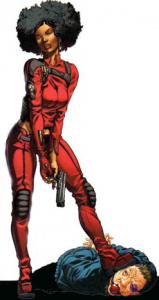
I was five years old the first time I realized I was a fangirl.
I remembered being extra good at school all week, because my father promised to buy me the one thing I wanted more than anything else in the world – the newest Sailor Moon DVD. I remember it so clearly – the bright pink packaging, the sparkle of the Silver Crystal, with Sailor Moon and Queen Beryl fighting for the power to wield it. I was ecstatic as we neared the check out line, the cashier smiling down on me as I watched her bag the tape and gave it to me. I clutched it so tightly, all the way home.
This memory is especially important to me, because for most of my life, being a nerd was something of a dirty little secret. Partly because it was uncool, but also because it was so much of a taboo for a girl like me – quirky, feminist, and Black – to even have an interest in it. Time and time again, it was reinforced that this special niche which I felt so passionate about, was not for me. It is only now, after nearly two decades as a nerd, that I feel confident enough to carve out space for myself and others that look like me. Here, I try to explore why.
For a long time, the nerdom has felt like an elitist secret society, where only a specific kind of member was welcome. These members often were the outcasts themselves, boys who collected Magic: The Awakening cards or browsed the bookstore for the latest Dungeons & Dragons strategy guide. They collected in basements and in comic shops, seeking the refuge that I found myself romanticizing about.
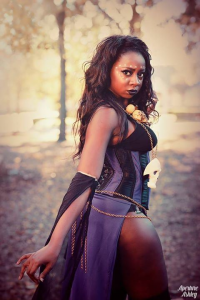
When I first began exploring nerd culture publicly, I went on a search to find more people who were like me – passionate, social justice-minded, and of colour. Largely, I found that I could not fit neatly into the “mainstream” nerd culture. I found that my Blackness was met with abrasion and discomfort, to put it mildly, by the white men that dominated the culture. As Will Brooker and Sam LeBad write in their article earlier this week,
“superhero storytelling, then, is founded on ideas which are essentially geared toward perpetuating a sense of male entitlement”
They were the face of the movement, and while they had also known rejection and loneliness for their passions, they were quick to do the same to me. I was frustrated; the place that was supposed to be the haven for me was filled with a toxicity of the same social norms that made me turn to nerd culture to begin with. How could I enjoy something that was filled with the same racism, sexism, and prideful ignorance that much of popular culture was already saturated with? Exploring these questions sparked me to become a nerd culture blogger and critic.
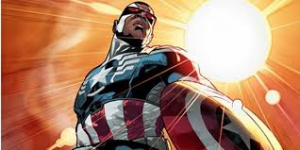
What I found was more of a speakeasy inside of the niche. In other words, the Blerd – Black nerd -community was like a secret club inside of the circle that made up mainstream nerd culture. I relate it this way because it was was something that I had to search for, and while it was the haven I was looking for, it remains small and separate from nerd culture at large. Blerds are small, supportive, and steadily growing collection of the Blerds – sites such as Black Girl Nerds, Vixen Varsity and Nerds of Colour, to name just a few. This is where I found solace. This is where I found my voice.
What I believe to be true, more so than my secret love for superheroes and anime, is the fact that identity does not exist in a vacuum. We can no more divide ourselves into neat categories than we can divide the essence of who we are. I am equal parts a feminist, a Black woman, and a lover of nerd culture, among other things. Accepting that fact helped me shape my own identity as a Blerd. In the words of one popular nerd culture artist, ALB, this is what it means to be a “critical fan”.
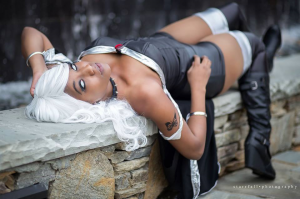
I am inspired daily not only by those in the Blerd community that offer me advice, give me encouragement, and offer support when I need it, but by others in the culture as well. Anita Saarkisian, of Feminist Frequency, has crafted her own identity as a critic and fan of video games. Though she has faced more hate and discouragement from the niche as a whole, she remains unwavered in her defense of being a critical fan. Her actions, while met with opposition, have reached others than believed they were immune. It has produced change. That fact alone was enough to lift me up when I doubted the legitimacy of my own goals.
The message is clear – media does not exist in a bubble. It is important that we understand and acknowledge the best and the worst parts of it in order to move forward and evolve. It is a slowly progressing field. Many do not think that the voice of a Black female feminist is enough to shift the pervasive ‘bro’ culture. Partly, this is true. One singular voice is not enough to change a culture, especially one rooted in an ugly foundation of elitism and entitlement. However, it is through my own platforms as well as others’, that the culture is able to move forward and mold to the new face of nerdom. We are not stagnant beings; and neither is the art or media that we consume and produce.
The future is bright for the visibility of the Black girl nerd.
Click here to read all of the Comics, Human Rights and Representation articles.
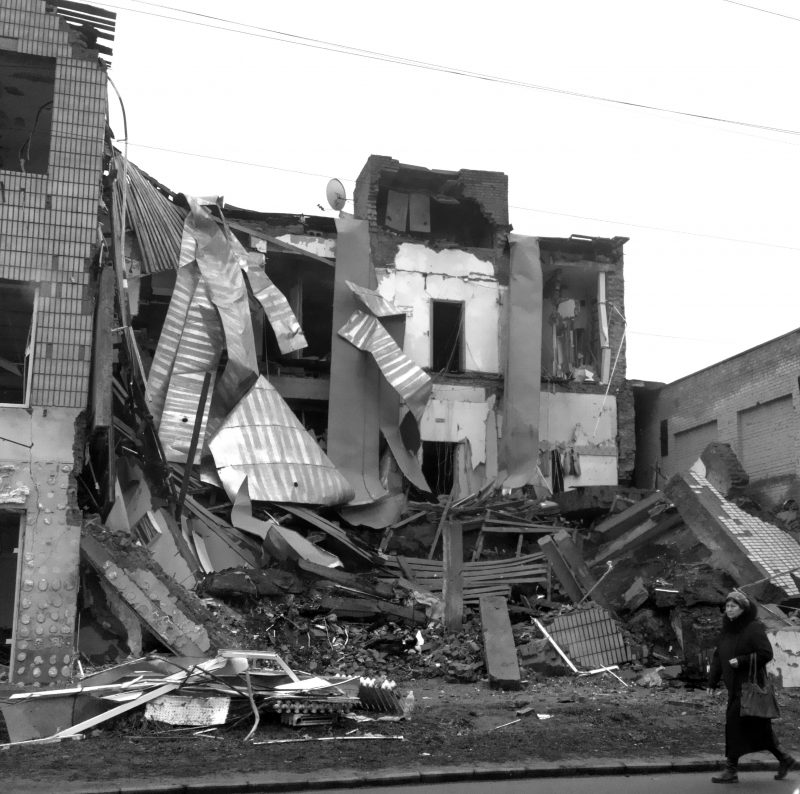

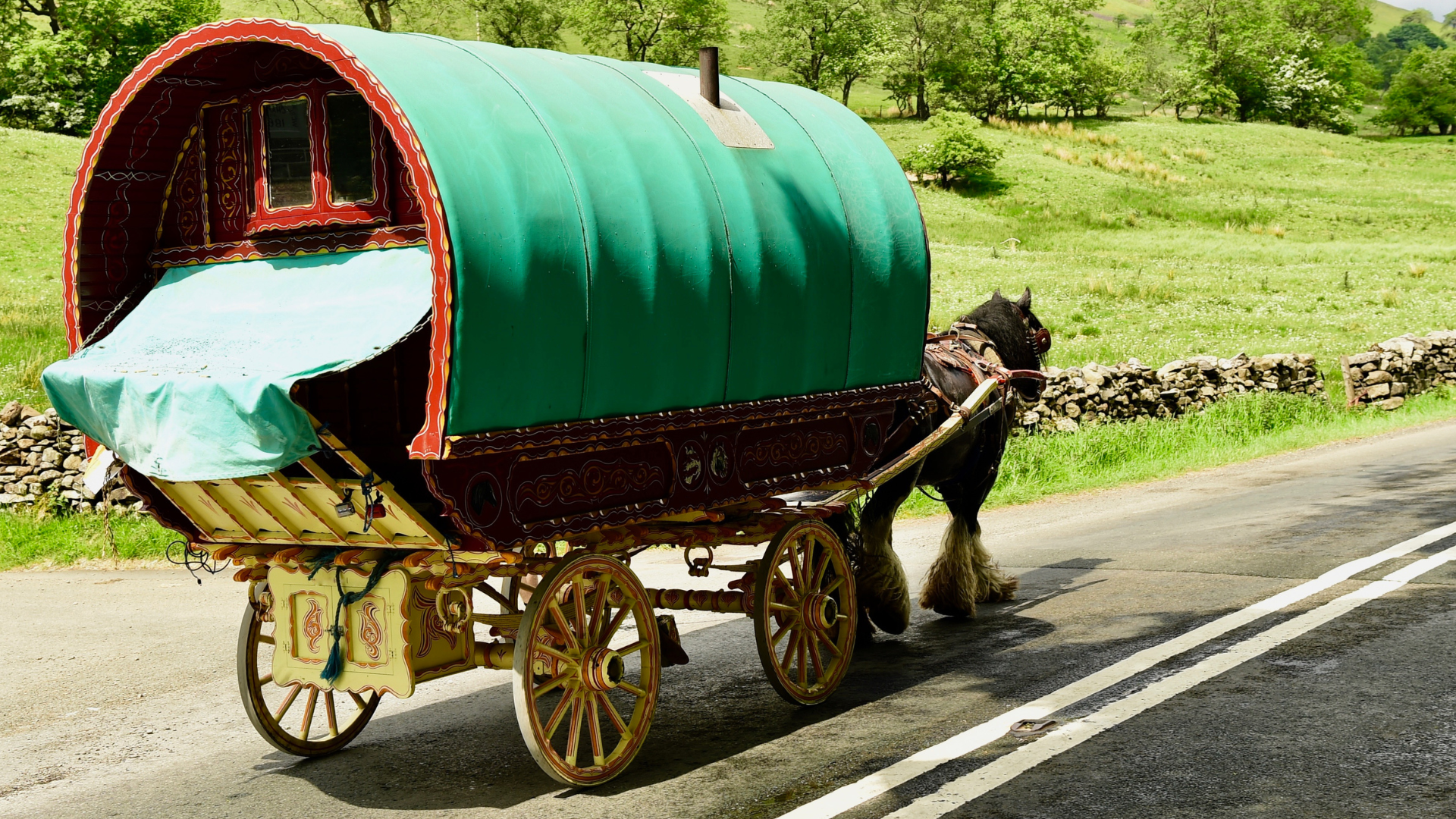

Yes, that’s true. With numbers of visitors they have, everyone wants to churn out more money. Can’t complain, this how they make money.